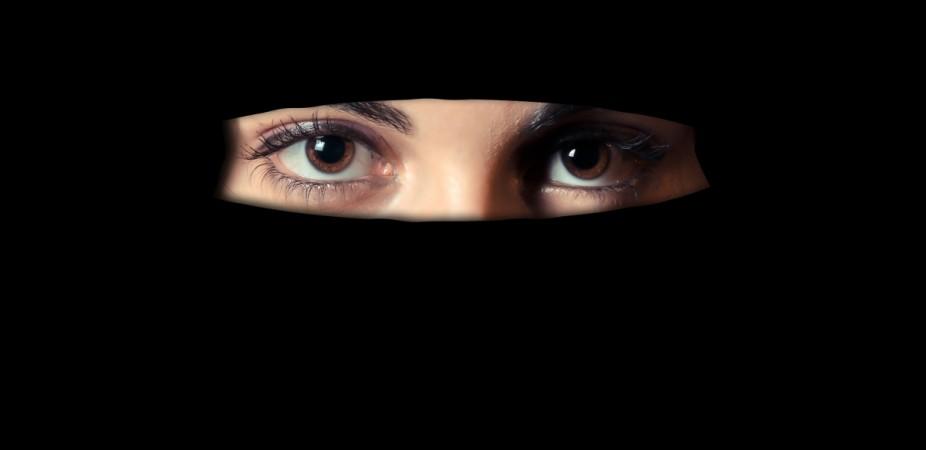
The All India Muslim Personal Law Board has decided to launch an awareness campaign, directing Imams across India to give discourse on rights of women in Islam to avoid misuse of Islamic laws.
The Imams have been reportedly instructed to give these discourses after Namaz. Executive member of AIMPLB Maulana Khalid Rasheed Firangi Mahali, while citing figures from Census 2011, said that only 0.5 percent Muslims filed for divorce to make the point that the perceived ills of the triple talaq law are being "blown out of proportion."
"The total population of Muslims in India is about 17 crore. of these 0.5% or 3.5 lakh persons had taken divorce. Also, of the total divorce cases in Muslims, less than 1% are of triple talaq. Thus, we are convinced that triple talaq is being exaggerated. Compared to this, 3.7% of total 100 crore Hindus had taken divorce" Maulana Khalid Rasheed Firangi Mahali told the Times of India.
About the issues to be covered in the discourse by Imams, he said, "Islam is the only religion which practices ladies first. It is for this that the consent of women is taken before the groom in weddings and women have a right in their father's and husband's property. Citing references from Quran and Hasis, the imams will tell that men and women have equal right for everything in Islam be it right to marriage, separation, inheritance, education, extravagance during weddings."
Rasheed said that Islam provides for four types of talaq, out of which two are used by men -- talaq and triple talaq. The other two – khula or faskh-e-nikah can be used by women if they feel their marriage isn't working. "No other religion in the world gave this kind of a liberty to women. In fact, the right to end a marriage through divorce among Hindus in the Hindu Code Bill was borrowed from Islam," Rasheed claimed.
"The plain and simple talaq refers to iteration of talaq once which leads to a month long period of separation. It is followed by a chance to reconcile and if the parties agree, the couple can stay together as normal. But if they don't agree, they second period of separation begins. The couple can still stay together if they sort their issues after the gap. In case they don't, the third talaq takes place," he explained.
Though Rasheed's interpretation of Islam as being a religion that has positive rights for women is not being contested, an earlier report suggests that his claims about divorce rates in Muslims is incorrect. According to the report that relies on the same data, nearly 80 percent of the divorced Muslims in India are women.














